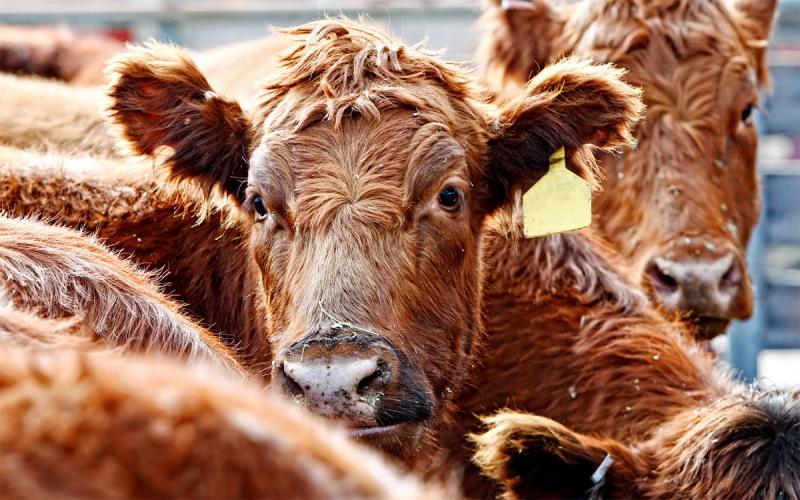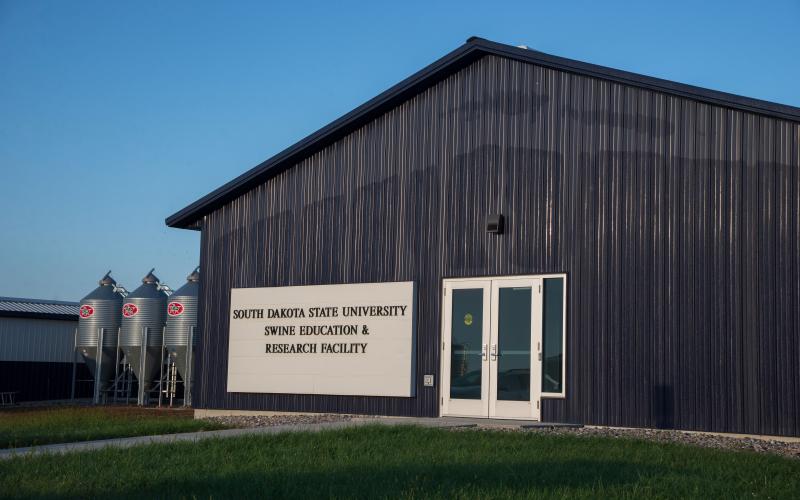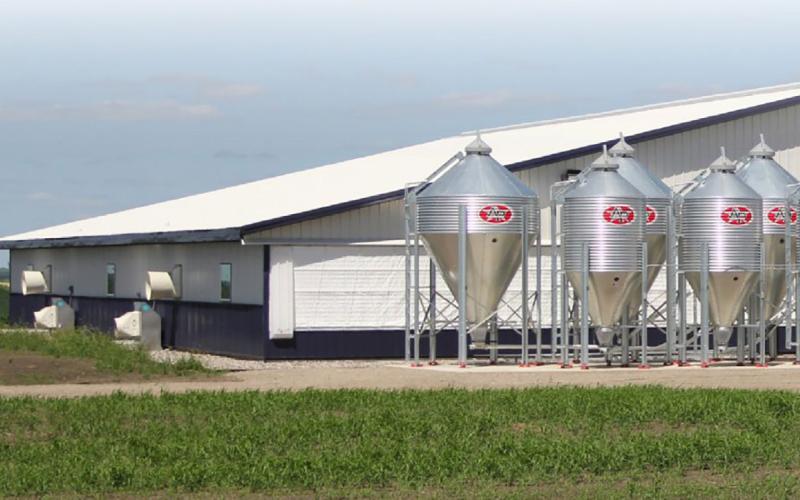Concentrated Animal Feeding Operations
All Concentrated Animal Feeding Operations Content

Livestock
South Dakota is home to a dynamic livestock industry.

SDSU Extension invites operators to CAFO environmental training
November 14, 2025
There will be an environmental training session for operators of concentrated animal feeding operations (CAFOs) on Dec. 3, 2025, at the Crossroads Convention Center in Huron.

SDSU Extension invites operators to CAFO environmental training
May 20, 2025
There will be an environmental training session for operators of concentrated animal feeding operations (CAFOs) on June 25, 2025, at the Crossroads Convention Center in Huron.

Can Pork Producers Rely on Antibiotic-Use-Based Product Differentiation To Be Competitive?
Do consumers prefer meat produced with the minimal use of antibiotics compared to meat produced with standard antibiotic use? The following study investigates this question in-depth for South Dakota pork producers.

Water Usage Increased by Dietary Phytase Incorporation in Growing and Finishing Swine
Total water usage is an important consideration in sustainable pork production. Recent research at the SDSU investigated water usage of growing and finishing pigs fed diets without or with phytase included in the diet.

Trace Mineral Incorporation Level Did Not Impact Grow-Finish Pig Performance
Recent research at SDSU found that supplementing dietary trace minerals at levels closer to NRC requirements in typical corn-soybean meal diets for grow-finish pigs did not have an impact on overall pig performance and carcass characteristics.

Evaluating the Effects of Replacing Soy Protein Concentrate with Corn-Fermented Protein on Growth Performance and Gut Integrity of Weaned Pigs
A recent trial at the SDSU offsite swine commercial wean-to-finish research barn investigated if corn-fermented protein could replace soy protein concentrate in weaned pig diets with similar effects on growth performance and gut integrity.

Distillers’ Dried Grains With Solubles Decreased Feed-To-Water Ratio
Recent research at SDSU found that using distillers’ dried grains with solubles in swine diets showcased a significant impact on water consumption, leading to a decrease in the feed-to-water ratio.

Considerations of Water for Sustainable Swine Production
The sustainability of water for swine revolves around responsible sourcing of water, efficient distribution, waste management, and continuous improvement in farming practices.

Balanced Branched Chain Amino Acids in High Corn-Distillers-Dried-Grains-With-Solubles Diets Adjusted by Soybean Meal Level
Recent research at the SDSU commercial wean-to-finish research facility investigated the growth impact of different branched-chain-amino-acids-to-lysine ratios in swine diets high in corn distillers dried grains with solubles.